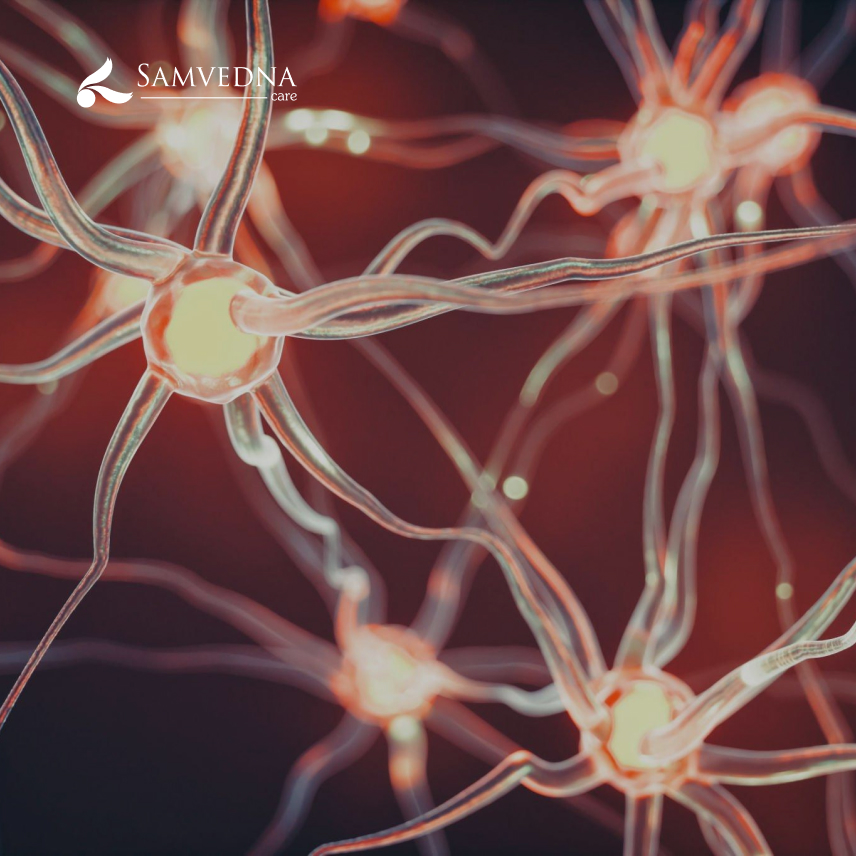[ad_1]

Hormones are chemical messengers in our bodies that regulate various functions, including our mental well-being. Fluctuations or hormone imbalances can impact brain chemistry and contribute to mental health conditions. Hormones also affect almost all bodily functions, from the most basic (hunger, heart rate, digestion, and so on) up to the most intricate (reproduction and emotion). Let’s explore the connection between hormones and mental health, helping to understand how hormonal changes can affect mood, emotions, and overall mental well-being.
The link between hormonal health and mental health is significant, as hormones play a crucial role in regulating various bodily functions, including brain chemistry and emotional well-being. Fluctuations or imbalances in hormone levels can impact mental health, and understanding this connection is important for individuals seeking to maintain or improve their well-being.
This equilibrium is what the body wants, but when it’s not achieved, a lot can go wrong. When there is a hormonal imbalance, it affects the whole system, which means you’re going to feel it manifest both in your body and your mind. When one’s hormones are in balance, you feel more vibrant and energetic. Conversely, when the hormones that regulate brain function and neuro-hormones are disrupted, it can significantly impact your overall well-being.
While hormone imbalances can have a significant impact on mental health, it is important to seek appropriate care and professional guidance when experiencing symptoms. If you are concerned about your mental well-being and suspect a hormonal component, it is advisable to consult with healthcare providers or mental health therapist. They can help assess your symptoms, conduct relevant tests, and provide appropriate treatment options.
One such resource that may be helpful is Samvedna Care, an organization that focuses on mental health support and services. They can provide valuable information, connect you with healthcare professionals, and offer mental health assessments that can assist in evaluating your well-being.
Can Hormone Imbalance Cause Mental Disorders?
Hormonal imbalances can contribute to the development or exacerbation of mental health conditions. For example, low levels of serotonin, often associated with depression, anxiety, and OCD, can be influenced by hormonal fluctuations. Similarly, imbalances in dopamine levels, responsible for motivation and pleasure, have been linked to depression, ADHD, and addiction.
When there are hormonal changes during menstrual cycles, pregnancy, or menopause, emotional shifts occur and susceptibility to depression and anxiety increases. Estrogen and progesterone fluctuations can affect neurotransmitters in the brain, impacting mood and emotions.
Recognizing the connection between hormonal health and mental health is crucial for effective treatment and support. Mental health therapists, such as psychologists or counsellors, can play a valuable role in this process. They can help individuals explore the interplay between hormonal changes and their emotional well-being, providing guidance and support in managing symptoms.
Mental health therapists can assist individuals in developing coping strategies to mitigate the impact of hormonal imbalances on mental health. They may recommend lifestyle modifications, stress management techniques, and self-care practices to support hormonal balance and overall well-being. Additionally, therapists can collaborate with healthcare professionals, such as endocrinologists or gynaecologists, to ensure comprehensive care and treatment plans that address both hormonal and mental health needs.
Healthy Habits to Regulate Hormones and Mental Health
Maintaining healthy habits is crucial for managing hormone levels that contribute to stress and promoting the production of hormones that reduce stress. Consistently practicing a few simple activities on a daily basis can help regulate hormones and improve mental health. It is especially important for individuals for engaging in these activities to ensure stability.
To ensure hormonal balance and better mental well-being, individuals should prioritize the following activities:
- Regular Exercise: Incorporate physical activity into your routine as it helps release endorphins, which are hormones that elevate mood and reduce stress. Scheduling specific times for exercise will help make it a consistent practice.
- Adequate Sleep: Prioritize quality sleep and establish a regular sleep schedule. Sufficient rest promotes the regulation of hormones, including cortisol, and contributes to improved emotional resilience.
- Balanced Diet: Maintain a nutritious and well-balanced diet. Include foods rich in omega-3 fatty acids, vitamins, and minerals to support hormone production and brain function.
- Stress Management Techniques: Engage in stress-reducing activities such as meditation, deep breathing exercises, or mindfulness practices. These techniques help regulate cortisol and promote relaxation.
- Social Support: Foster strong connections with supportive individuals. Spending time with loved ones, participating in social activities, or seeking guidance from mental health therapists can positively impact hormone regulation and emotional well-being.
Hormonal health and mental health are closely intertwined, and addressing hormonal imbalances can have a significant impact on emotional well-being. Mental health therapists, at Samvedna Care, play a crucial role in supporting individuals in managing their mental health in conjunction with their hormonal health and also provide personalized counselling and therapy services, helping individuals develop effective coping strategies to mitigate the impact of hormonal imbalances on their mental health. For more resources, check Samvedna Care’s website.
[ad_2]
Source_link

